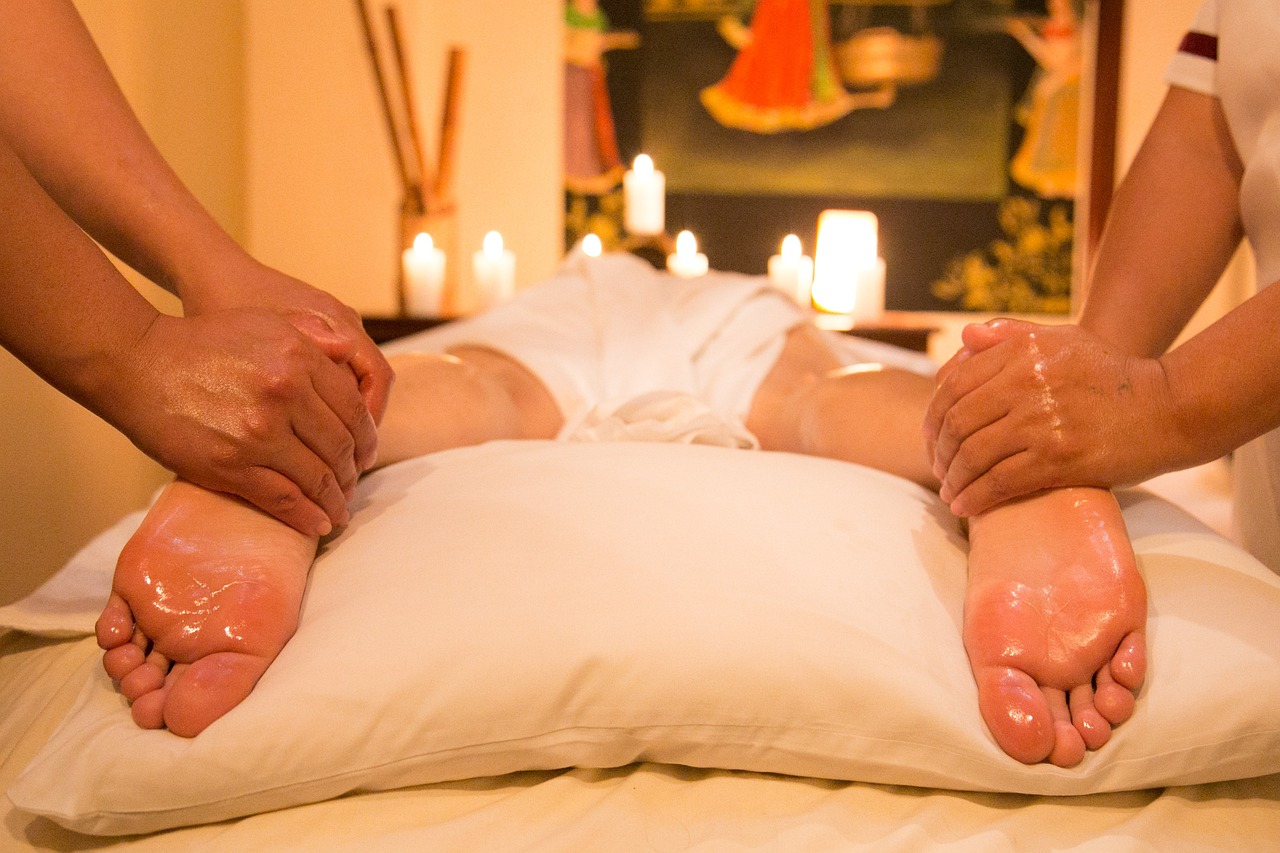Exploring Wellness Rituals from Around the World: From Ayurveda to Traditional Chinese Medicine
Ayurveda, a traditional system of medicine that originated in India over 5,000 years ago, focuses on creating harmony and balance within the body. It emphasizes the interconnectedness of the body, mind, and spirit, with health being seen as a dynamic state of balance. Ayurvedic practitioners believe that each individual has a unique constitution, or dosha, which determines their physical, mental, and emotional characteristics.
In Ayurveda, the emphasis is on prevention and maintaining overall well-being rather than just treating symptoms. This holistic approach includes dietary recommendations, herbal remedies, yoga, meditation, and cleansing practices to help restore balance and promote health. By addressing the root cause of imbalances rather than just masking symptoms, Ayurveda aims to support the body’s natural ability to heal itself and achieve optimal health and vitality.
Traditional Chinese Medicine: Holistic Approaches to Health
Traditional Chinese Medicine (TCM) is a holistic approach to health that has been practiced for thousands of years in China. It is based on the belief that the body is a complex system of interconnected parts that must be in balance for optimal health. TCM focuses on treating the underlying cause of illness rather than just the symptoms, using techniques such as acupuncture, herbal therapy, and massage to restore harmony to the body.
One key principle of TCM is the concept of Qi, or vital energy, that flows through the body along pathways called meridians. When Qi is blocked or out of balance, illness can occur. TCM aims to restore the flow of Qi through various methods to promote healing and overall well-being. By addressing the root cause of health issues and taking a holistic approach to treatment, TCM offers a unique perspective on health that complements Western medicine.
What is Traditional Chinese Medicine (TCM)?
Traditional Chinese Medicine is a holistic approach to health and healing that has been practiced for thousands of years in China. It includes various practices such as acupuncture, herbal medicine, massage, and dietary therapy.
How does TCM differ from Western medicine?
TCM looks at the body as a whole system, focusing on balancing the body’s energy, or qi, to promote health and prevent illness. Western medicine tends to focus more on treating specific symptoms or diseases.
What are some common practices in TCM?
Some common practices in TCM include acupuncture, where thin needles are inserted into specific points on the body to stimulate energy flow; herbal medicine, which uses plants and other natural substances to treat various conditions; and qigong, a form of gentle exercise and meditation.
Is TCM effective?
Many people around the world have found TCM to be effective in treating a wide range of health issues, from chronic pain to digestive disorders. However, it is important to consult with a qualified practitioner to determine the best course of treatment for your specific needs.
Are there any potential side effects of TCM?
As with any form of medicine, there can be potential side effects or risks associated with TCM. It is important to work with a trained and experienced practitioner who can assess your individual needs and monitor your progress throughout treatment.





